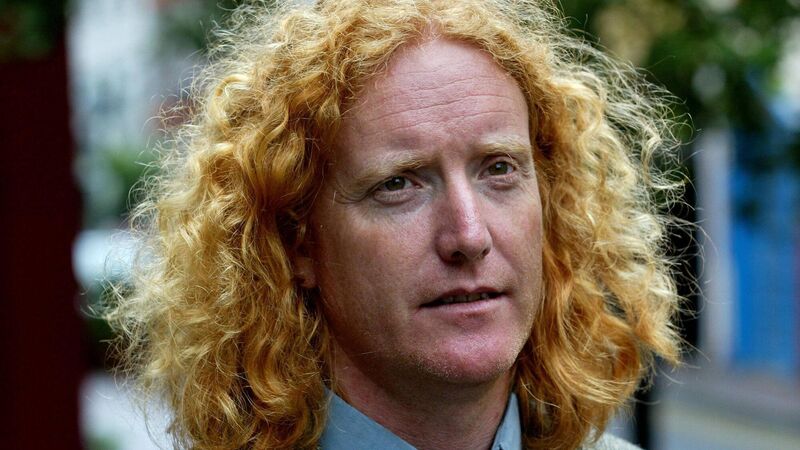Louis de Paor: 'What Cork offers to poets is special'

Cork poet Louis de Paor.
Cork poet Louis de Paor says it’s time Ireland had a grown-up conversation about our native language. On visits to primary schools around his adopted Galway, he is struck by the wealth of languages among children, as well as their openness to learn more.
“Those kids, who might be speaking Urdu or Polish at home, never have a problem learning Irish. Often, they are the most attuned to linguistic differences and bilingualism. The Anglophone world is rare in thinking monolingualism is normal. The idea that one language fits all the world is, and can be, makes no sense,” says De Paor, back in his hometown to read at O’Bhéal’s Winter Warmer poetry festival.




